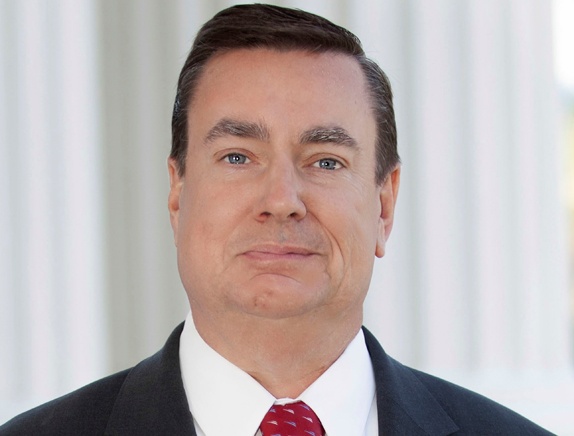In 1978 over 2/3 of California’s voters passed Proposition 13 (Prop 13), a ballot measure that reduced property tax rates on homes, businesses and farms and capped how much property tax rates could grow in the future.
Elderly homeowners on fixed incomes faced with ever-escalating and often unpredictable property tax bills were being forced to sell their homes to meet the payments.
Throughout the 1960s and 1970s, property values and property tax rates in California began skyrocketing. Property taxes were based on a property’s market value, which often increased faster than inflation and the homeowner’s income. According to annual reports from the then- State Board of Equalization, the taxes levied on property subject to Prop 13 from fiscal year 1960- 61 through fiscal year 1977-78 increased over 360 percent. That meant a $13,000 home in 1960 had a $400 tax bill and 17 years later the property tax paid on the same home would be $1,440.
Fed up with high tax b i l l s , the voters passed Proposition 13 which limited property tax rates to 1 percent of a property’s assessed value, limited assessment increases to no more than 2 percent annually, and established that state tax increases can only be done via a two-thirds vote of the Legislature.
Homeowners would now know with some certainty what their property taxes would be and that there would be no massive increase sprung on them.
As is typical, Sacramento politicians have been trying to repeal Prop 13 since it passed and sadly this madness continues today.
An initiative to modify Prop 13 and exempt commercial property from protections of Prop 13 and enact a so-called ”split roll” property tax is being circulated by public employees unions and will likely be on next year’s ballot. While proponents claim they only want to tax property owned by businesses and corporations, ICSC a business advocacy group writes:
“creating a split roll property tax could put thousands of tenants out of business, result in higher taxes and create uncertainty leading to the devaluation of all property values.”
Of course the real worry should be that this ”split roll” will be the camel’s nose under the tent, leading to more attacks on Prop 13 which has allowed us homeowners to have the 17th lowest property taxes in the nation.
Despite this, Californians suffer under tax burdens that are among the highest in the nation. In fact, according to the Tax Foundation, we have the highest individual income tax rate, the highest gas tax rate, the sixth-highest total tax burden, and the ninth-highest combined state-local sales tax rate. It is no wonder young families are fleeing this state. How many of you want to visit your children or grandchildren in Arizona, Colorado or Texas?
Since the passage of Prop 13, property tax rates finally became predictable, manageable, and fair. Defending Prop 13 is critically important, it’s the only safeguard that keeps the government from taxing people out of their homes.
Joel Anderson is a former state senator and a 35 year resident of Alpine.












